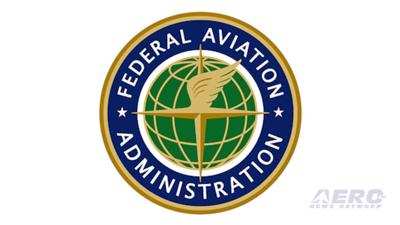Removing Personal ID Info Can Limit Flight Stalking
The National Business Aviation Association released a statement calling for the FAA to continue moving ahead with its plans to take the important step of removing personally identifiable information from the agency’s Aircraft Registry.

Currently, aircraft registration information is publicly available showing ownership and aircraft information on the FAA website and a simple search of a tail number reveals the owner of the aircraft. Many times, individuals are named but also many are registered under a business entity. The FAA has reported that its websites garner more than 1 million visits per month for reports and aircraft inquiries.
Many of those inquiries are of course for legitimate business purposes such as aircraft transactions, maintenance, and operational requirements. However, such information can also enable flight stalking by anyone, and Congress has long recognized the serious concerns regarding passenger security, safety, and corporate spying.
In the FAA Reauthorization Act of 2024, Congress included a provision directing the agency to develop a method to allow a business aircraft owner or operator to request that their personal information be withheld from the public registry.
NBAA and the bizav community fully understand that the Registry is an important tool for maintaining accurate ownership and title records. Indeed, the agency has told the NBAA that within business aviation alone, annual aircraft transactions that rely on access to the FAA registry total approximately $25 billion.
NBAA said in its statement: “NBAA is dedicated to advocating for the broad business aviation community, and we want to emphasize the essential balance between protecting PII and facilitating ongoing valuable use cases of aircraft registry information in the FAA's efforts. We fully support initiatives that give owners more control over their personal data, especially in light of growing concerns about identity theft and security. Protecting the names, addresses, and contact details and Mode S transponder codes of is crucial for closing this security vulnerability.

“While we acknowledge the importance of the aircraft registry for public interests, serving as a critical component of the U.S. ownership system and promoting safety and commerce, we believe it’s possible to achieve the security of PII without compromising the registry's functions.
“We believe that the FAA can strike a balance that allows necessary information for a host of legitimate industry uses, while safeguarding sensitive personal data. A well-structured, industry-supported approach can meet both needs.”
The NBAA reiterated its call to action for its membership to submit their own comments to the FAA.
 Airborne 06.30.25: US v ADS-B Misuse, Natl STOL Fire, Volocopter Resumes
Airborne 06.30.25: US v ADS-B Misuse, Natl STOL Fire, Volocopter Resumes NTSB Prelim: Piper PA-23
NTSB Prelim: Piper PA-23 ANN FAQ: Submit a News Story!
ANN FAQ: Submit a News Story! Classic Aero-TV: One Mans Vietnam
Classic Aero-TV: One Mans Vietnam Klyde Morris (06.30.25)
Klyde Morris (06.30.25)



